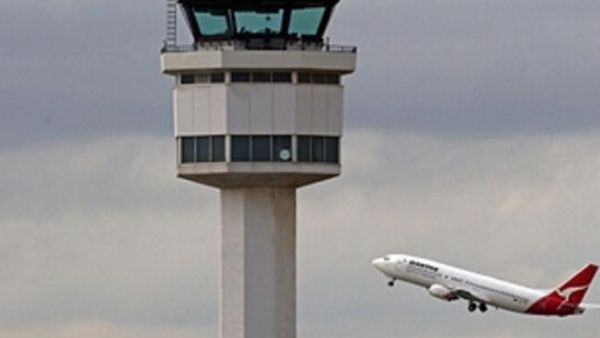Qatar has set an excellent example of a forward-looking country whose government has implemented legislations to liberalise the aviation industry and create an environment conducive for growth, a top official of Boeing Commercial Airplanes has said.
“The government in Qatar, which is home to one of the world’s fastest growing airlines, has committed itself to facilitating this growth. This commitment is apparent in the Qatar Civil Aviation Authority’s sustained efforts to enter into air transport agreements with countries across the globe,” Vice-President, Sales, at Boeing Commercial Airplanes Martin Bentrott has said in an article meant for Qatar Tribune.
Bentrott points out that Qatar has signed several agreements covering varying levels of access to a number of new markets, making it possible for Qatar Airways to further expand its network and leverage the country’s unique geographical advantage that allows it to connect Doha with virtually any city in the world.
“Qatar Airways has benefited from relaxed access to new markets allowing it, for instance, to launch direct routes from the Middle East to Eastern Europe, Central Asia, the Iberian Peninsula and South America. By expanding into previously untapped markets, it’s creating new opportunities for trade, travel and tourism,” Bentrott has said.
The Boeing official further noted that the $14.5 billion New Doha International Airport will become a new regional air transport hub and also a significant employer, with 8,000 jobs being created in the run-up to its opening later this year.
Commenting on the growth of civil aviation in the Middle East, Bentrott cites Boeing’s Current Market Outlook to say that the report has forecasted demand for 2,520 new airplanes in the Middle East by 2030, a clear indicator of a continued upward growth trajectory that will lead to further job creation and a larger contribution to the region’s economy. He says, according to economic think-tank Oxford Economics, the aviation industry’s direct contribution to GDP will increase by 6.3 percent per annum in real terms over the next 20 years, creating an additional 294,000 jobs in the region.
Bentrott says, while aviation may not have been in the limelight as a catalyst for economic growth, the numbers speak for themselves. “According to data from the Air Transport Action Group (ATAG), the industry supports an estimated 56.6 million jobs globally and contributes 3.5 percent of the global Gross Domestic Product (GDP). In fact, according to the ATAG, if aviation were a country it would be the 19th biggest economy in the world by GDP,” he said.








